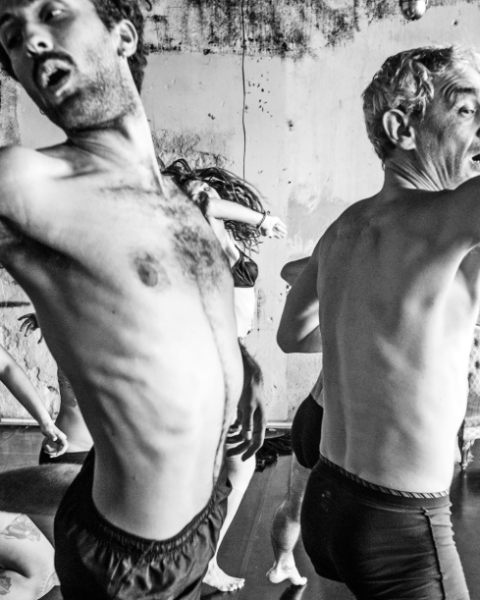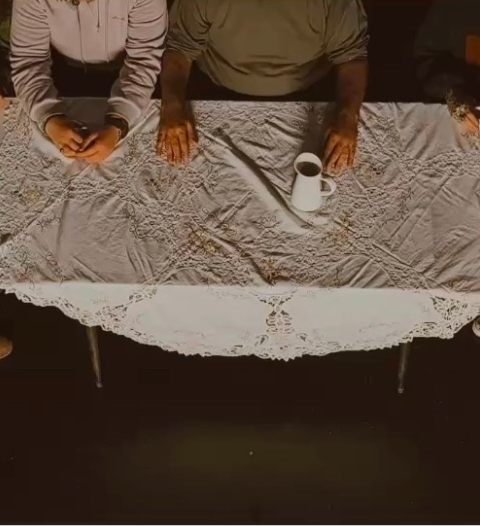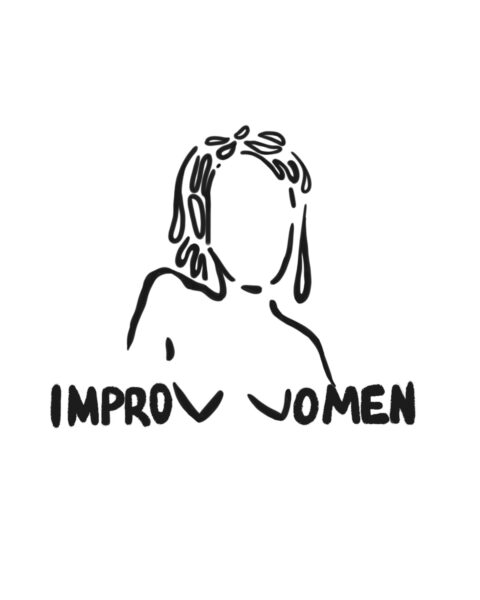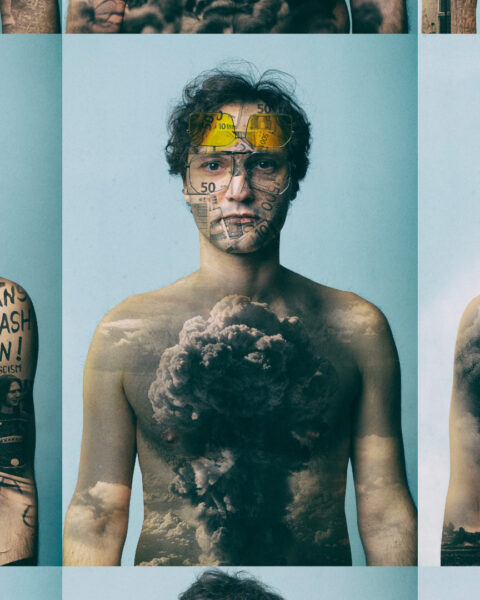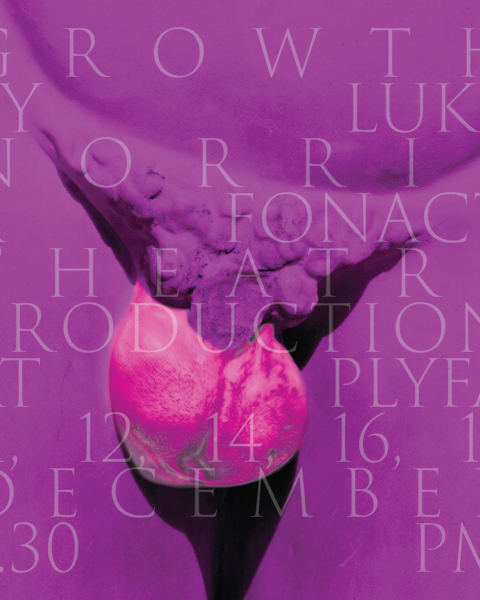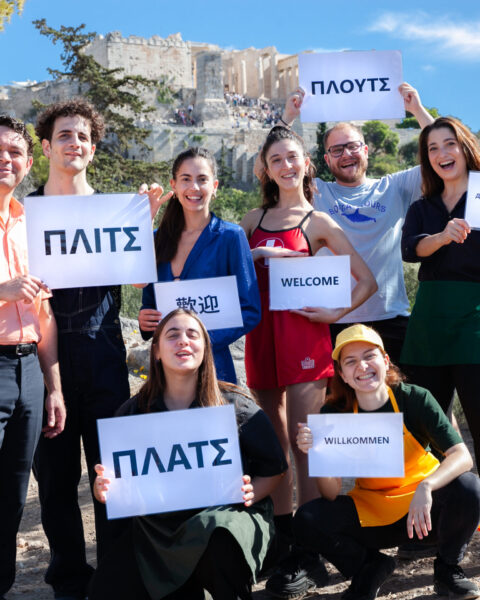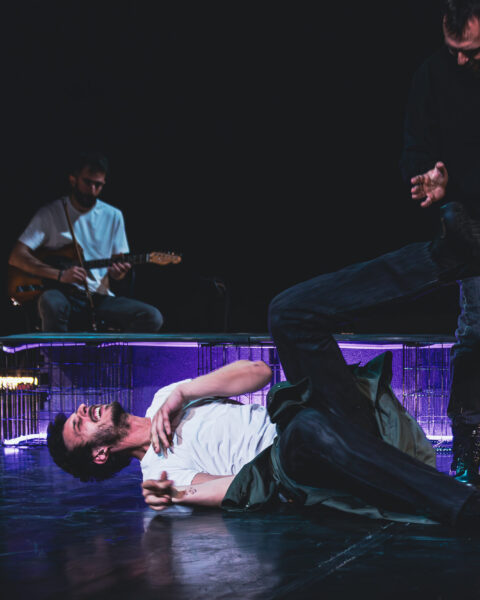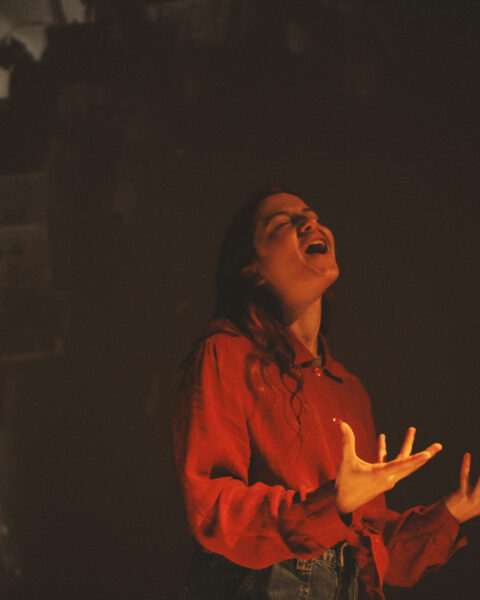
The Movie Teller
by Hernán Rivera Letelier
Every sunset is like the final panoramic shot of an old movie,
a Technicolor and Cinemascope film, with the soundtrack being the sound of the wind
on the sheet metal. A movie that repeats itself day after day.
Sometimes sad, sometimes less so. But it always ends the same way.
In the arid and barren landscape of the Atacama Desert in Chile, life is tough for the inhabitants. Most are impoverished workers in nitrate mines and cannot afford even a trip to the cinema—the only source of entertainment in the area. A gifted young girl, however, takes it upon herself to watch the movies and narrate them back to her fellow villagers. Her home transforms into a unique stage, where with extraordinary narrative skill, the girl brings the movies to life. Through her distinctive artistic talent, the young narrator dreams of a different life, beyond the confines of the harsh social reality surrounding her—until the arrival of television changes everything.
Since the novella by Chilean author Hernán Rivera Letelier was first published in 2009, it has achieved great success, been translated into numerous languages, and adapted for the theater and, recently, for the cinema. In The Movie Teller, the boundaries between life, cinema, dreams, and even theater are fluid and constantly intertwined. Young director Nikolas Lampakis transforms the small stage of PLYFA into the living room of the narrator, also known as the “Cine-Fairy,” inviting us to experience one of her famous narrations ourselves. The performance explores, through the simplest elements of theater and cinema, the power of imagination as a source of inspiration for another life. In the narrations of this unique folk artist, the story of everyday people—and perhaps an entire nation—is reflected. These are people who envisioned and fought for change but remained proud despite the painful disillusionment of history.
Nikolas Lampakis, after studying Law in Thessaloniki and Performing Arts and Theater in Paris, graduated from the National Theater School of Directing in 2022. Since then, he has worked as an assistant director at the Art Theater Karolos Koun (Macbeth, directed by Thanasis Dovris) and the National Theater (Topography of Death or Let Us Not Forget, directed by Bricena Gjisto; The Final Solution, directed by Sotiris Roumeliotis; The Line of the Horizon, directed by Giorgos Pavlou). In 2024, he directed the children’s play We Fell from the Clouds in Thessaloniki, written by Maria Albanou, as well as two new theatrical works for teenagers in the format of staged readings at the National Theater.
In the role of the narrator, we find Noemi Vasileiadou, an actress with significant collaborations already under her belt, most recently in Oxygen by Giorgos Koutlis. She also stood out with her first solo performance, Caution: Works in Progress.
Duration: 70 minutes
